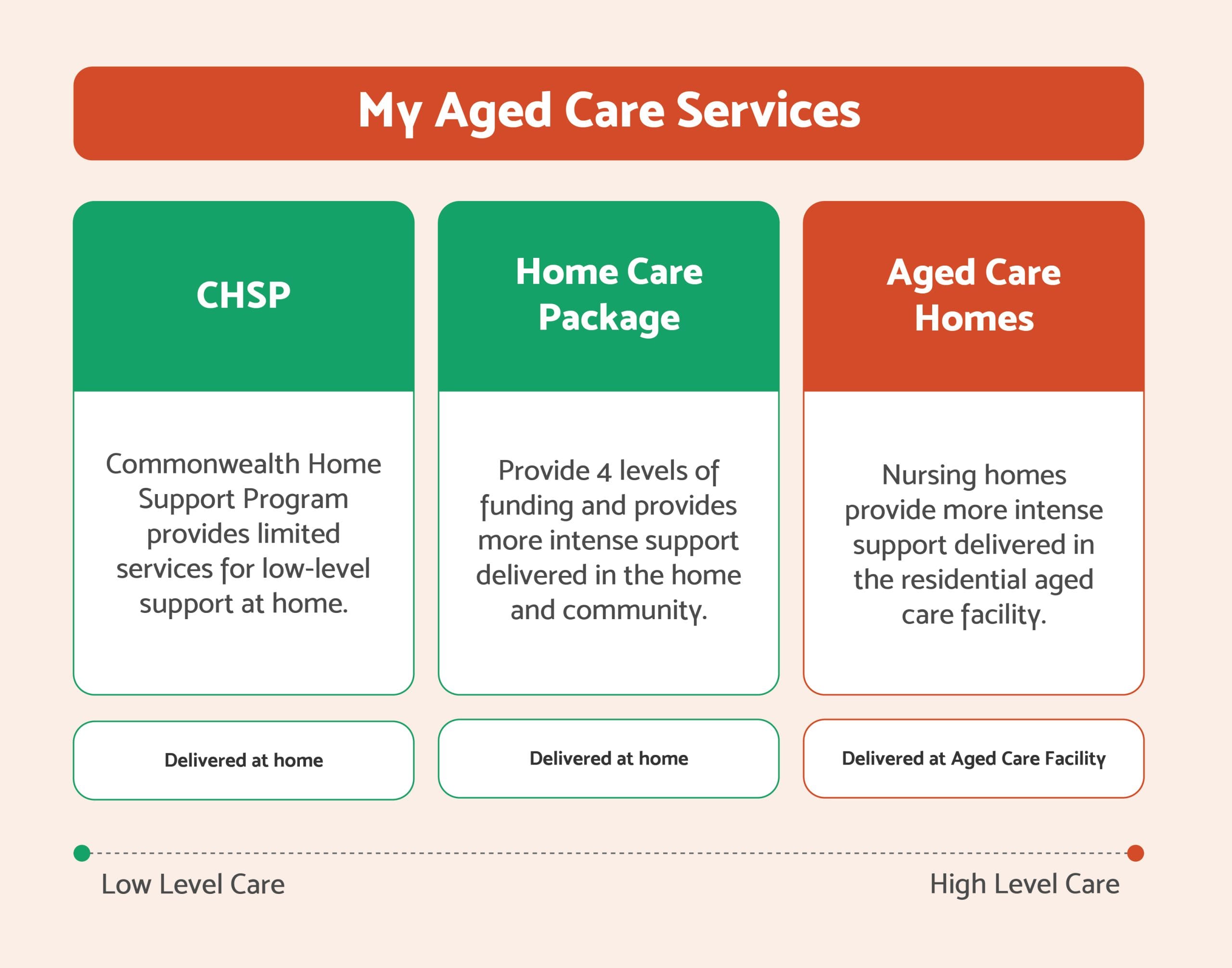Comprehensive guide to working with home care providers under the NDIS
Comprehensive guide to working with home care providers under the NDIS
Blog Article
Everything About Home Care Providers for People With Disabilities: NDIS Registered Assistance
Home treatment solutions under the NDIS play a crucial role in supporting individuals with specials needs. These solutions are created to improve daily living with customized help, ranging from personal like mobility assistance. Understanding exactly how to browse these alternatives can be complex. This introduction discovers the numerous facets of NDIS home care, from offered solutions to the selection of carriers, highlighting necessary factors to consider for those seeking support. The journey toward encouraged care begins here.
Recognizing the NDIS and Its Function
The National Handicap Insurance Coverage Plan (NDIS) functions as a transformative structure developed to supply assistance and services for people with handicaps. Developed to enhance the lifestyle and guarantee fair accessibility to vital sources, the NDIS empowers participants by using personalized plans tailored to their special demands. It aims to cultivate independence, enabling individuals to seek their individual goals and aspirations.Through a structured strategy, the NDIS designates funding for numerous supports, including education, employment support, and area participation. This all-inclusive scheme not only concentrates on immediate care however also emphasizes lasting developmental results. By promoting choice and control, the NDIS encourages participants to choose their recommended service carriers, ensuring that care lines up with their worths and choices. Eventually, the NDIS stands for a substantial dedication to boosting the lives of individuals with disabilities, fostering inclusivity, and building a much more supportive culture.
Kinds of Home Care Services Available
Different types of home care solutions deal with individuals with handicaps, mainly concentrating on personal treatment aid and respite care choices. Personal treatment help offers essential assistance with daily tasks, while break care provides short-lived relief for main caretakers. Recognizing these services is important for guaranteeing the health of both people with specials needs and their family members.
Personal Care Support
While maneuvering life can offer challenges for individuals with disabilities, personal treatment assistance offers necessary assistance customized to their distinct demands. This kind of home care solution includes a variety of tasks developed to promote independence and enhance quality of life. Individual care aides assist with daily jobs such as bathing, dressing, brushing, and toileting, making certain individuals preserve individual health and convenience. They may also assist with meal prep work, drug monitoring, and wheelchair support. By giving individualized care, these professionals encourage individuals to engage even more totally in their day-to-day regimens and social activities. Generally, personal care support plays a significant function in cultivating dignity and autonomy for those with impairments, enabling them to flourish in their home setting.

Reprieve Care Options
Break treatment works as a necessary resource for family members and caretakers of individuals with disabilities, providing momentary relief from the needs of daily caregiving. This kind of solution can take different types, consisting of in-home reprieve care, where experienced specialists check out the home to aid with care jobs. Conversely, households might select facility-based respite treatment, where people get treatment in a specific environment, enabling caretakers to take a break. Additionally, some companies provide emergency situation reprieve services for unexpected scenarios. These alternatives not just help relieve caretaker stress and anxiety but likewise promote the wellness of people with specials needs by providing them new experiences and social communication. On the whole, break care plays a critical function in sustaining both caregivers and those they look after.

How to Access NDIS Home Care Solutions
Accessing NDIS home treatment solutions entails comprehending the eligibility standards stated by the National Special Needs Insurance Policy Plan. Individuals need to browse a structured application procedure to safeguard the needed assistance tailored to their needs. This area will make clear both the qualification requirements and the actions included in using for solutions.
Qualification Standards Described
To receive NDIS home care solutions, people need to satisfy certain eligibility requirements that examine their demands and scenarios. Initially, applicants must be matured in between 7 and 65 years and have a permanent and considerable special needs that influences their capacity to execute daily activities. In addition, they must be an Australian citizen, a permanent local, or hold a Protected Unique Category Visa. The NDIS calls for evidence of the handicap, normally through clinical assessments or reports. People should demonstrate that they call for assistance to participate in financial and social life. These standards ensure that solutions are directed towards those that truly require help, promoting independence and enhanced lifestyle for people with handicaps.
Application Refine Steps
Can I Choose My Very Own Assistance Employees Through NDIS?
The private inquired whether they might choose their own support employees under the NDIS structure. Typically, participants have the adaptability to pick assistance workers, cultivating personalized treatment that aligns with their details needs and choices.
What Happens if My Needs Change After Obtaining Assistance?
If an individual's demands change after getting support, they should connect these modifications to their provider. Adjustments can be made to the treatment strategy, making certain that the support remains effective and relevant for their circumstances.

Are There Restricts on The Number Of Hours of Care I Can Get?
The individual asked about possible restrictions on the number of care hours got. Normally, such limits may exist based on details policies or moneying arrangements, emphasizing the value of assessing guidelines and contracts routinely.
Can I Utilize NDIS Financing for Home Modifications?
The concern of utilizing financing for home adjustments occurs regularly. Usually, individuals may make use of NDIS funding for essential adjustments to their homes, making certain availability and security, set upon conference particular eligibility criteria and guidelines.
Just how Do I Deal with Grievances About My Home Care Providers?
To deal with complaints regarding home treatment solutions, individuals ought to first document their concerns. Then, they can interact directly with their company, looking for resolution, or rise the issue to relevant oversight bodies if necessary. Home treatment services under the NDIS play a critical function in sustaining people with impairments. Different kinds of home care services provide to people with specials needs, largely concentrating on individual care aid and break treatment alternatives. home care providers melbourne. Individual treatment help supplies essential support with day-to-day tasks, while break treatment supplies momentary relief for main caregivers. Family members may opt for facility-based respite care, where individuals get care in a specialized environment, enabling caregivers to take a break. How can families properly take care of the monetary facets of home care solutions for people with disabilities?
Report this page